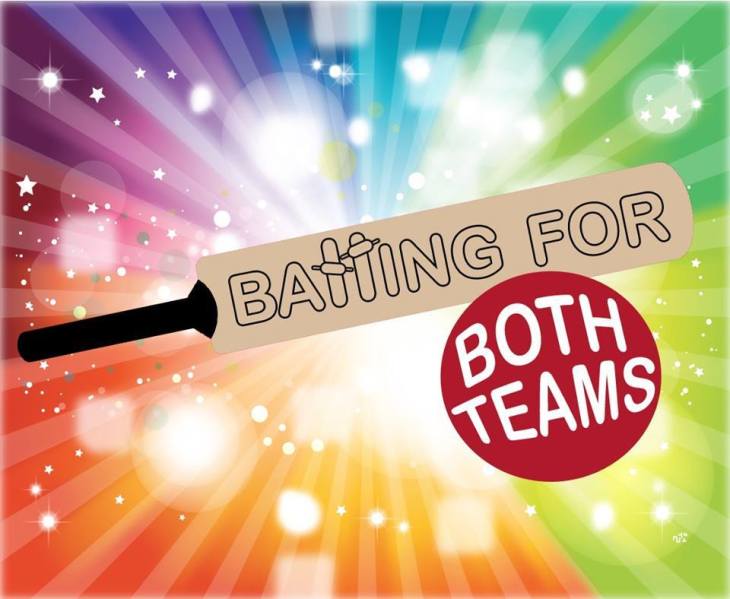CN: misogyny, homophobia, gender essentialism
The incident discussed last week served to remind me of the frequent and casual nature of homophobic comments in general and in school communities more widely. Many Games teachers traditionally include the phrases ‘man up’, ‘don’t be such a girl’ and ‘stop being such a pansy’ in their vocabulary, though thankfully this practice is rapidly on the decline.
I have encountered an Outdoor Pursuits department where the phrase ‘scout up’ has come into common practice as an alternative to ‘man up’, for when people need to grit their teeth and push on through hardship. My favourite alternative to this one is ‘fortify!’, which has the beautiful combination of being both eccentric and non-gendered.
Equally, in pastoral care for schools, few gendered or sexualised insults would be tolerated if reported by parents on behalf of the affected children. Yet these comments and phrases remain common among children in the playground and online. This is just one example of language codifying prejudice and gender inequality, and must be discouraged whenever encountered, especially among young people, in order for it to die out of use.
One somewhat more tricky aspect of this codified language is phrases used commonly on the playing field featuring gender but without the same inherent prejudice. It is very usual for the teammates of a player about to be tackled by an opposition player to shout ‘man on’ to alert them to this fact. This happens regardless of the gender of the persons being tackled or tackling, and it is difficult to envision a quicker phrase given the need for quick communication: ‘person on’, ‘player on’, or ‘woman on’ are all an extra syllable in length.
In a lot of sporting terminology, there are easy alternatives; for instance, in cricket, the term ‘batsman’ is fairly easy to replace with ‘batter’, an equally short phrase which can apply to people of any gender. With a phrase like ‘man on’, time is of the essence and there are precious few alternatives to use in the same context. New language can come into play, but takes time to reach recognition, let alone common usage.
Questions arising from this week – which phrases are commonly used in your sporting circles that you find problematic or outright offensive? How do you tackle this, either in actuality or in theory?
Duke, GR. Contributor
Duke writes at battingforbothteams.wordpress.com

Part of high performance team building can be to create your own unique set of language which is relevant to you and helps increase the shared sense of team. It isn’t so much about having a catch all phrase as having something which everyone on your team hearing it will know what it means. e.g. a call for someone about to tackle someone could be ‘fish’ as in fishing tackle. One of the most frequent instances of gendered language is to use it as encouragement with ‘go girls’/’yeah guys’ etc but you can easily replace this with ‘go team/*the name of the team*/*the name of the club*’ which again helps build a sense of team. This sort of thing is especially important if you have non-binary people taking part.
LikeLike